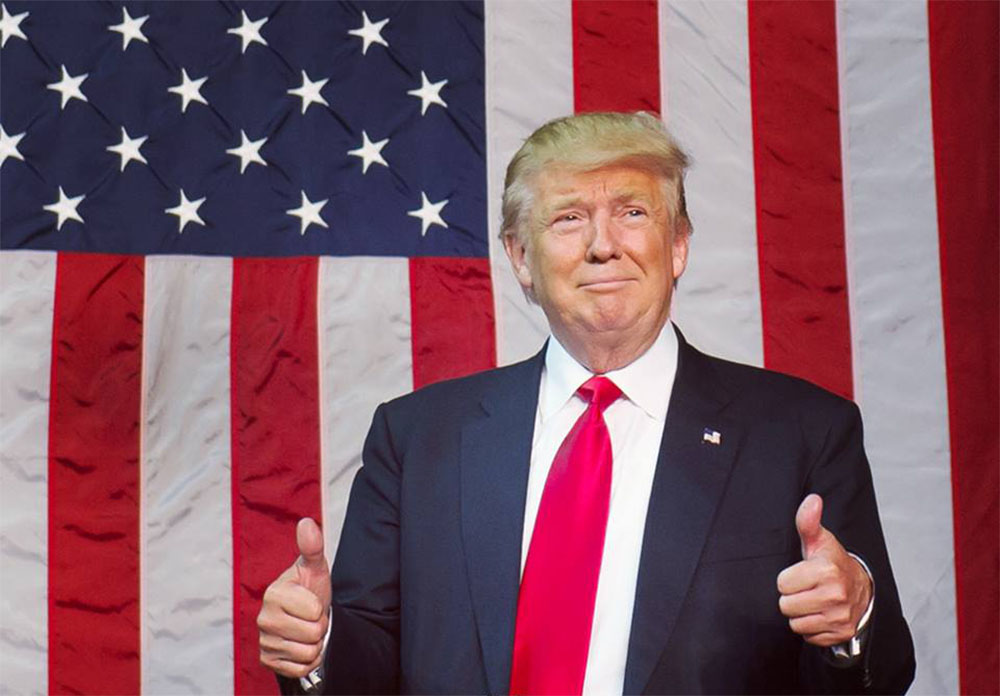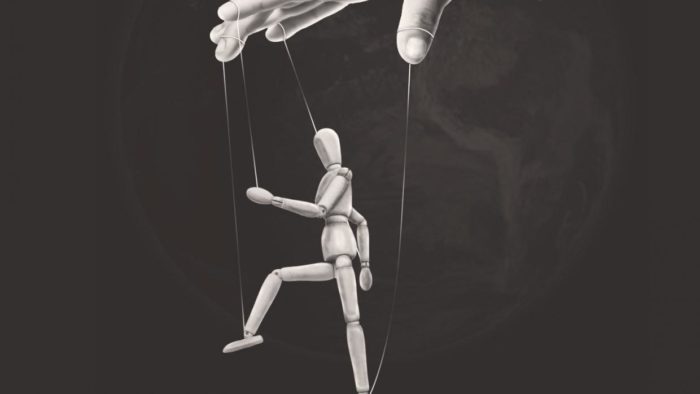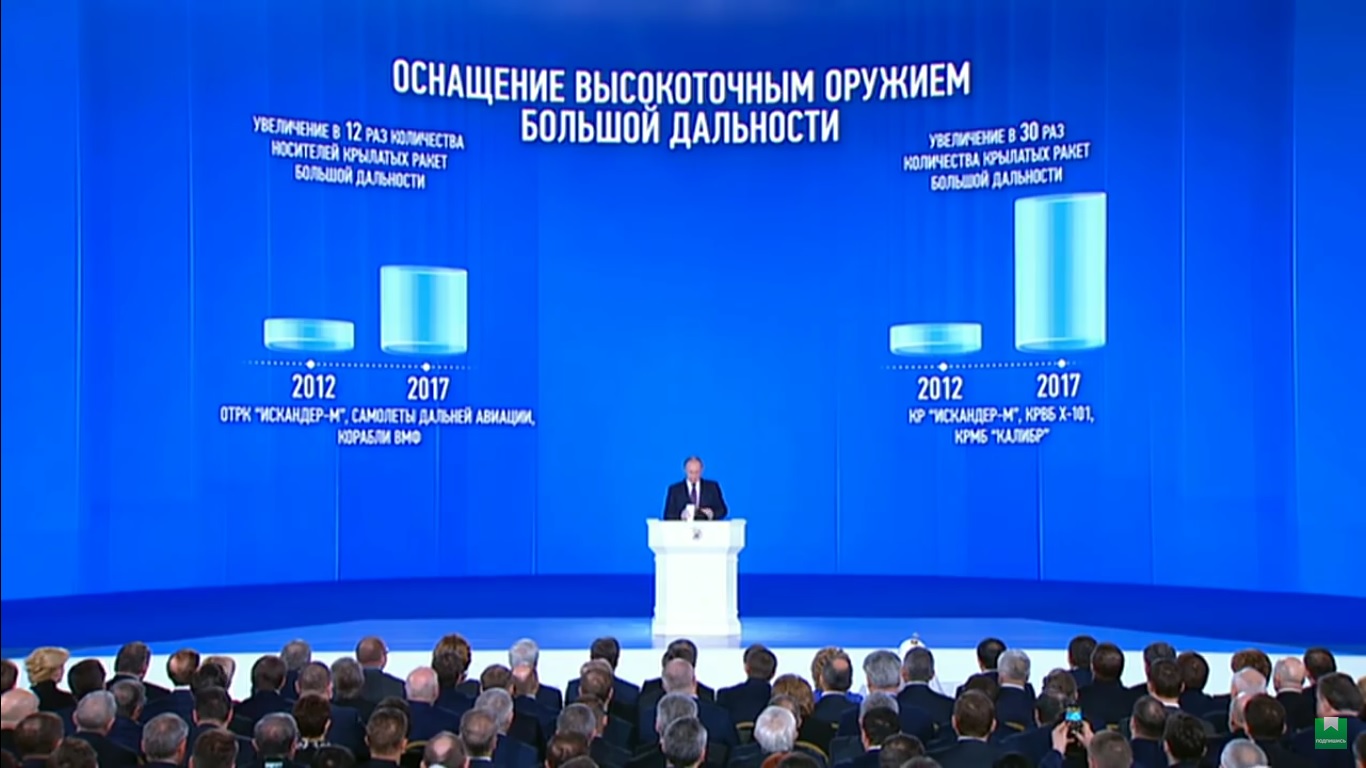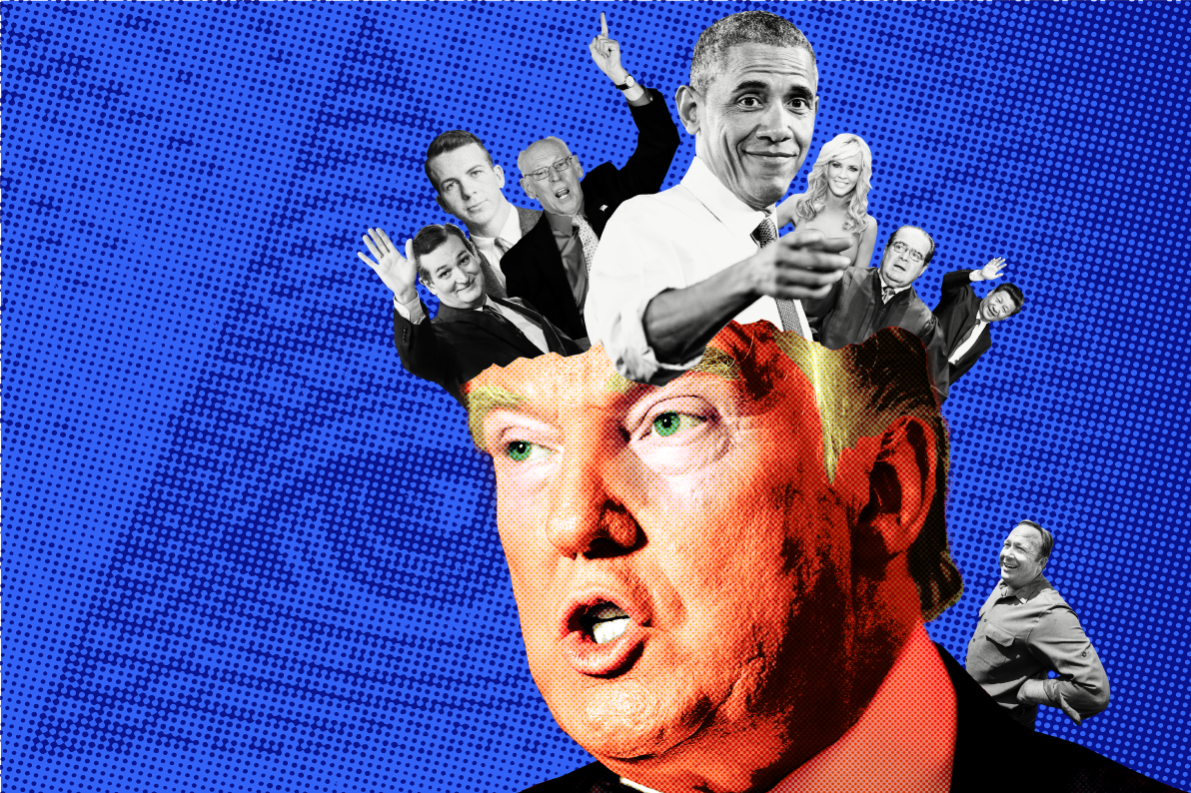The victory of the Republican Party’s candidate Donald Trump in the US presidential elections did not exactly surprise me, but, as with many others, it has created a sense of anxiety about the direction this future president may take. Trump’s domestic and international policies are still very difficult to predict – much depends on the composition of his future administration as well as on how he builds a relationship with the Republican establishment. For now, it is interesting to attempt to understand the reasons for the victory that so many never saw coming.
As often happens with unexpected and even shocking events, there are a variety of causes and conditions at play, some objective, others created artificially. Amongst the former is the technological revolution, which has shifted the term “middle class” toward IT specialists and the intellectual elite. The rapid growth of Silicon Valley and other high technology industries has led to a sharp rise in their cost of living, significantly impacting the income of those working outside the IT industry.
The second reason for Trump's victory was the domestic agenda of the leaders of the Democratic Party, which proved unable to equalize the differences in income that have arisen between segments of the American population. Immigrants are perceived to have taken away American jobs. Moreover, some immigrants are provided with social guarantees, supports and benefits paid for by taxpayers: this assistance correspondingly diminishing their incentive to seek work. The system is highly bureaucratic: the list of “beneficiaries” who may be granted refugee status covers a large number of people who do not face serious persecution (for example, the persecution of Protestants in Ukraine ceased long ago). All this only exacerbates social inequality and discontent amongst Americans.
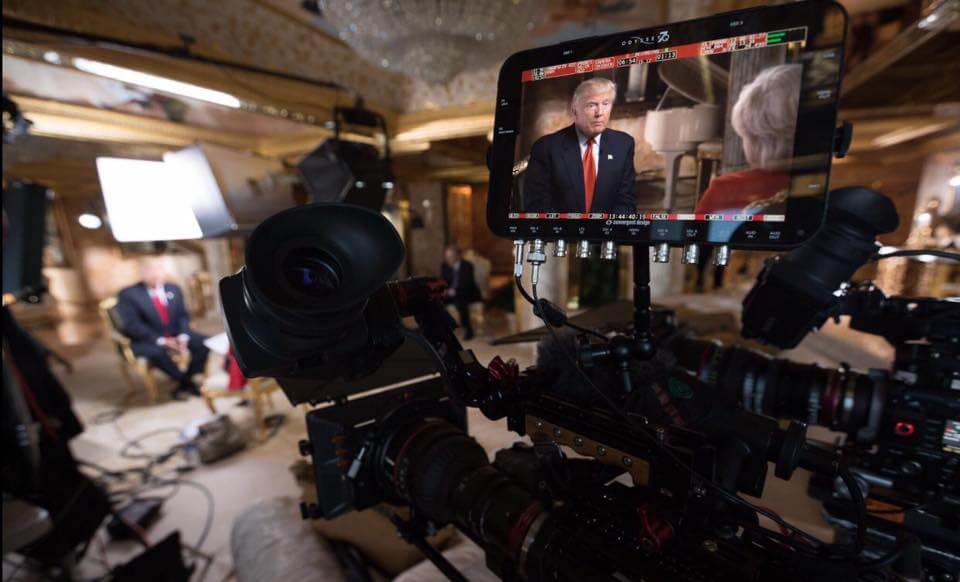
Another area of American dissatisfaction concerns the Democratic Party’s rhetoric attaching importance to the protection of individual and minority rights. As a result, even formal support towards minorities and immigrants sows resentment amongst American people, especially those living in the America's rural heartland. The older generation is unhappy that patriotism appears to be considered inferior to political correctness, and professionalism yielding to a requirement “to ensure diversity.” Many American Christian faith communities are also unhappy at the loss of their dominant status in society. It is also impossible to ignore the rumors of possible scandals associated with the Clinton Foundation.
Amongst the artificially created conditions, one can name the several years of rather aggressive propaganda from radical Republicans which has been noted by American journalists. I have often had to listen to the argument of a “liberal conspiracy,” “Democratic propaganda machine,” about how there is apparently no freedom and democracy in America but an invisible and extremely unpleasant dictatorship. As a person that has seen a modern dictatorship with her own eyes, it was admittedly rather far-fetched to hear such arguments in a country with a free media offering diametrically opposed viewpoints, independent courts, fair elections and, as we have seen recently, a peaceful transition of power from the ruling party to the opposition.
Similarly, with the injection of conspiracy theories, radical exaggeration of existing problems to the level of “tragedy,” “catastrophe” and “destruction of the country” (in other words, the artificial creation of the feeling of an extreme situation), the Republican propaganda appears strikingly similar to its Russian counterpart – with the only difference being that in Russia the monstrous enemy was until recently the USA, while in America it is the governing party itself. As a result, a growing sense of failure and despair has been created in a part of society, which Trump’s populism with his arrogant promises to fix everything has exploited. Demonizing the enemy also provided fertile ground for the growth of aggression and xenophobia.
Incidentally, supporters of these theories have claimed that the protests against the election of Trump now engulfing the country “have been financed by Soros,” as “liberals do not respect our democracy.” This is especially funny to hear, as Trump himself had said that he would not respect the result in the event of his being defeated, claiming ahead of time that the election was going to be "rigged.” The leaders of the Democrats (both Obama and Clinton), on the other hand, meekly accepted the results without even challenging them or providing support for the protests. In addition, it is clear that the protests, without leaders or constructive purpose, is not able to develop into a fully-fledged revolution: thus its supposed “financing” would have been a waste of money.
Yet it is much easier for conspiracy theorists to believe in conspiracy and "professional paid protesters" than that their favorite candidate may have alienated large segments of people during the campaign, and perceiving her as a personal threat. Who in this spirit can forget Putin’s saintly belief that all protests are financed by the CIA with the aim of destroying Russia!
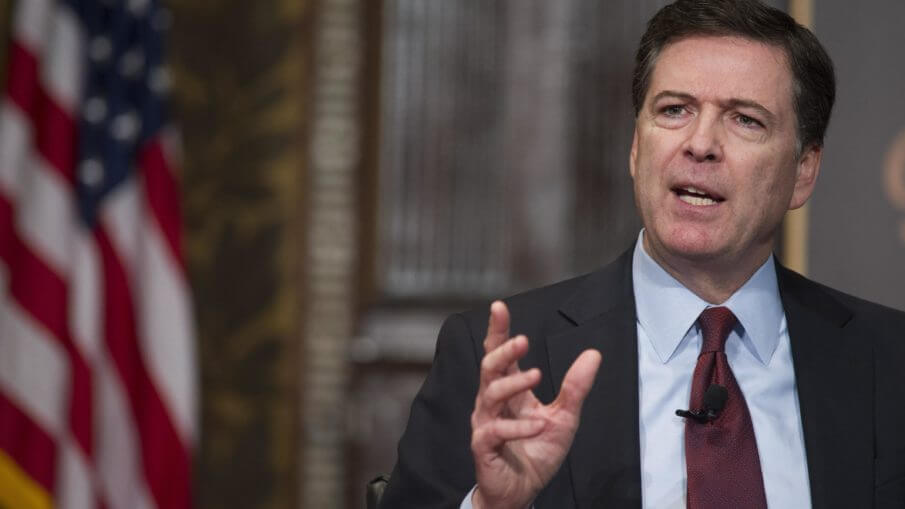
However, we cannot say that the media under Democrat control differs in absolute truthfulness. There are also “yellow” publications to be found, or individual articles with inaccuracies. However, their philosophy is pursued in a more “western” style: namely, using the psychology of the scandal, a sensational a noisy splash of unverified information. For example, after the announcement at the end of October by FBI director James Comey about the resumption of the investigation into Hillary Clinton’s emails, some media immediately published articles that the FBI is “Trumpland” and practically all its agents pathologically hate Hillary Clinton and openly play on Trump’s side. However, several experienced journalists with sources in law enforcement bodies told me that amongst the rank and file, the ratio of sympathy (and to be fair antipathy) lay at around 50-50, much in line with the average in American society.
Of course, this does not diminish the fact that Comey’s action would exert influence on the election result, since a fairly large part of the population remained undecided about which of the two candidates they liked least until the very last moment. It is no coincidence that Hillary Clinton directly blamed Comey for her defeat. The overt agitation in favor of Trump by former FBI agents through Rudy Giuliani (with the disclosure of rumors and leaks) cannot be ignored. However, at the same time the example of Trumpland easily demonstrates how facts may be transformed into some grand revelation, in full accordance with the laws of scandal.
The laws of psychology, however, are such that scandal will inevitably give way to conspiracy. The fact is that conspiracy theories, in contrast to scandals, create a harmonious and quite logical belief system, directing people towards an almost religious belief in them. A scandal in its essence does not imply that it be believed in; its aim is to attract attention, generate interest, provide information without worrying about its veracity. It does not have to create any coherent or logical system, as it is designed for people with today’s “click consciousness.” However, it can be a decisive factor in key decision-making, as was clearly the case with Comey’s letter.
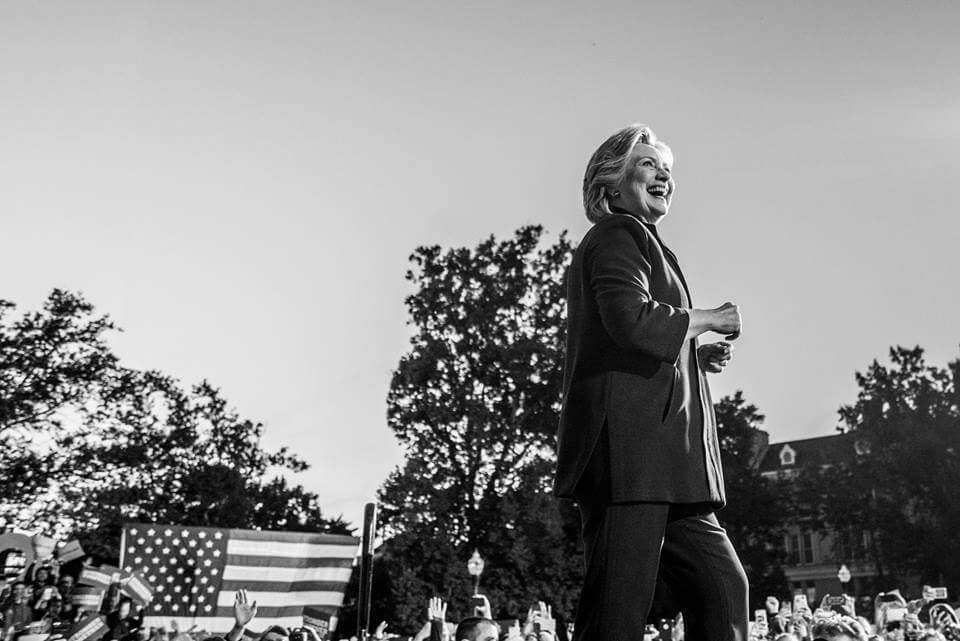
At the same time, even the creators of the scandal cannot easily predict its outcome. It is unlikely that the media, which danced at every Trump trick, expected that this would only add to his popularity. In particular, they are unlikely to think that every instance of unverified information is immediately used by conspiracy theorists as evidence of conspiracy theories. Furthermore, nobody at all thought that a society used to scandals would react so vociferously to the scandal used against Hillary, but not against Trump – the most notorious being the FBI letter. In this context, it does not matter that the letter resulted in no grounds for indictment. The scandal, in contrast to conspiracy theories, implies no continuation, but is a shot into space designed to produce an immediate effect, and nothing more.
It is now difficult to say that it was this very last event that determined the outcome of the election (given the fact that Clinton won a simple majority of votes cast by over 2 millions votes and still counting). However, the voters will demand very soon that the new president carry out specific actions and the implementation of election promises. Moreover, in the event that Trump should fail, he will find it almost impossible to hide his mistakes behind the smokescreen of conspiracies and scandals, of which there are so many, as ultimately reality takes precedence over what we see on television.

